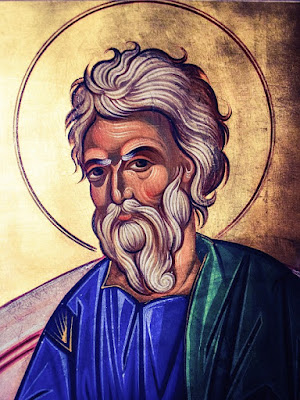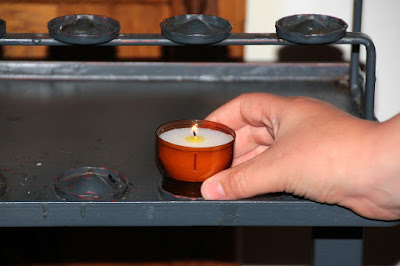St Andrew's Day 2018

How did a 1st century Jewish man from Bethsaida in Galilee, whose parents gave him a Greek name, get to be the Patron Saint of Scotland? And why, in Scotland, is today 30 November a public holiday, supposedly in honour of St Andrew the Apostle? There are many stories and legends that answer those questions. One good place to start to look for an answer is Michael Turnbull's article 'A History of St Andrew'. This is probably a good day to eat fish, as Andrew was a fisherman, as was his more famous brother Simon Peter. St Andrew is a key figure in the gospel accounts. Andrew is not presented as obviously important among J esus' disciples - not as one of the inner 3 like Peter, James and John. I say St Andrew is a key figure because he had a gift for bringing people together and for bringing people to Jesus. The gospels record that Andrew told his brother Peter about Jesus (John 1: 35 - 42) brought a boy with a few loaves and fishes to Jesus (John 6: 1 ...

